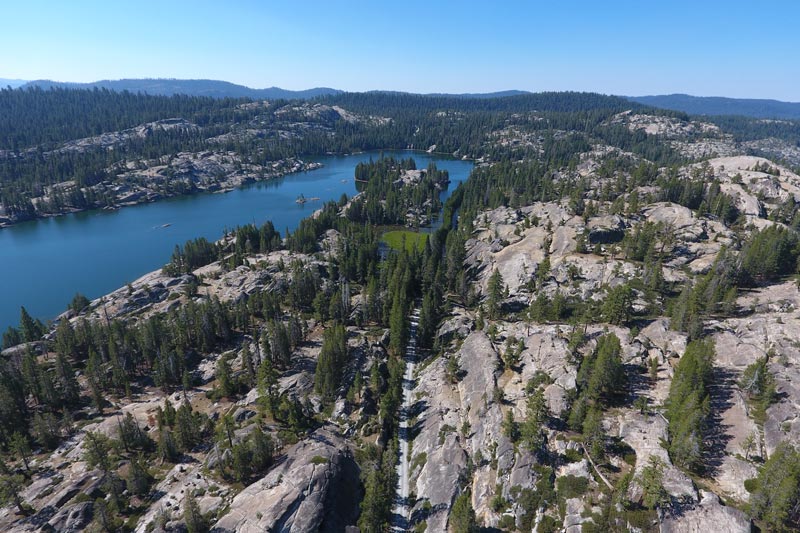Groundwater

View Projects
CLICK HEREGroundwater
Balance Hydrologics’ hydrogeologic practice focuses upon environmental hydrology, with emphasis on groundwater supply development, watershed management, stream restoration, and wetland and pond dynamics, including:
- Groundwater recharge planning and management
- SGMA and Groundwater Sustainability Plan (GSP) support
- Conjunctive use of surface and groundwaters
- Aquifer extent and well yield analyses
- Management of groundwater near sensitive habitat areas
- Climate change impacts on water supply
- Safe-yield estimates of water supply aquifers
- Development and management of brackish aquifers
- Migration of salts, nitrates, and other geochemical constituents in shallow groundwater
- Wellhead protection programs
- Water supply assessments (WSAs) under California SB610 requirements
Our Clients
Our diverse groundwater clientele includes managers of large land holdings, agency staff, and engineering and environmental consultants seeking our specialized services. Our staff consists primarily of senior professionals, each of whom is conversant with the interactions between groundwater and surface water hydrology, and the key regulations that guide management of these interconnected systems. Balance specialists usually work as part of broader project teams, collaborating closely with biologists, engineers, planners, and specialists from other firms to develop solutions to these complex environmental needs.
Our Practice
Balance Hydrologics’ groundwater practice emphasizes development of groundwater supply, watershed and aquifer management that includes a particular sensitively to surface-water and riparian habitats. The company has built a reputation on a solid base of professionals in hydrogeology, hydrology, geomorphology and engineering. Our water resources expertise and experience includes groundwater basin management and ‘safe-yield’ supply; groundwater recharge management, including aquifer storage and recovery; surface and groundwater hydrology, and their interaction; hydrogeologic support for water-well drilling, testing, and water system design; protection of water quality, and its enhancement through recharge and watershed management; and wetland protection and restoration: seasonal, riparian, and tidal/coastal systems.
Our Process
We are adept at developing a thorough understanding of the fundamental hydrogeologic processes in a particular area. Ideally, we will have the opportunity to review historical water level and water quality records for a specific project, with an emphasis on understanding how each component has varied over drought and wet cycles or over a sustained period of water level declines. This type of review frequently leads to recommended courses of action specific to our clients’ sites and needs. Among these courses of action are (a) active field studies such as aquifer testing, tracer tests, or monitoring changes in pumping or water application; (b) passive field studies, such as monitoring of the effects of existing practices, or evaluating ionic or isotopic tracers which occur naturally in aquifers; (c) geophysical or geologic assessments to better understand and describe the properties or boundaries of an aquifer system; (d) groundwater modeling; and/or (e) preliminary assessments of the feasibility of water treatment. If models are used, they are calibrated with local field observations and are validated by back-checking predicted conditions during known conditions such as previous droughts.